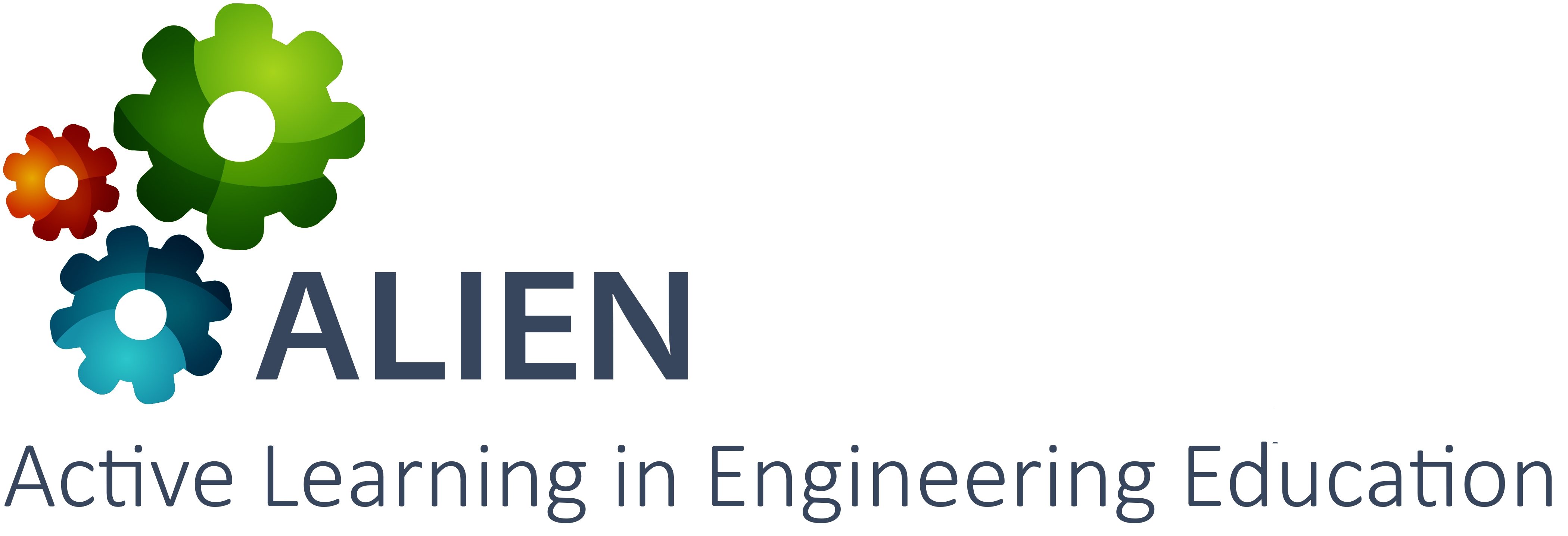 Course overview
Course overview
The course focuses on understanding concepts and principles of controlling different systems, building mathematical models on the basis of which matrices are composed. In addition, it builds skills in operating with MATLAB SIMULINK where simulation models are constructed.
Participants in piloting
The course enrolled 90 students in the 3rd year of undergraduate studies, following a degree course in Automation, Robotics and Computer-Aided Control Systems; Automotive Electronic Engineering; Power Supply and Electrical Equipment. The course is mandatory in the formal curriculum of the Department of Automation, Information and Control Systems of the Technical University of Gabrovo.
 Use of ALIEN services and tools
Use of ALIEN services and tools
During the course of Automation Control II, students were exposed to active and problem-based learning in the contexts of a team project “MODELING AND SIMULATION OF A DC MOTOR”, which was implemented in 3 stages:
Stage 1 – Analytical – obtaining a math model
Stage 2 – Analytical – constructing the state space form of the model and deriving the A, B, C and D matrices
Stage 3 – Computer-aided – simulation in MATLAB
During the first stage, the students obtained the mathematical model of the motor in the form of differential equations. It was the most crucial stage, because there were many possibilities for errors when composing the equations. To minimize the possible errors, the students chose the simple-model mathematical modeling so as to create the simplest possible model which represented only the basic features of the motor and which model was suitable for computer simulation.
During the second stage the teams constructed the state space form of the model and derived the A, B, C and D matrices. This stage was less error-prone but nevertheless the teache observed carefully the work of each team mainly for oversight errors.
During the third stage, the teams made many simulations in MATLAB with different input signals and different parameter values and observed the effect of these changes in the respective plots.
Finally each team presented their results and challenges met in the course of the project.




The active learning activities allowed students to engage in practical application of controlling a DC motor and simulate different variants in MATLAB so as to prepare them to work in an industrial environment where control theory should be applied in practice. It also built skills in team work, critical thinking and communication.


